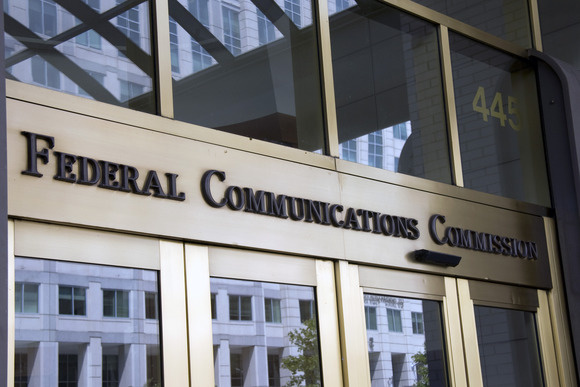Out-of-Date Online Files Being Investigated by FCC
WASHINGTON—An important note for all TV and radio broadcasters—if you aren’t keeping up your online public file, penalties may be headed your way.

In March 2018, radio and television stations were required to transition their public inspection files to an online public inspection file system, or OPIF. The Federal Communications Commission told the National Association of Broadcasters that not only have some broadcasters failed to keep their files up to date but some broadcasters have not even activated their online public file.
While the FCC has apparently emailed warning notices to some stations, the NAB is strongly advising stations to take action now by confirming that they are correctly complying with current public file rules, according to a blog post by the Alabama Broadcasters Association (ABA).
According to the ABA, FCC staff are now in the process of reviewing the online public file system for those still lacking an online public file, checking for dormant online public files and looking for required items that are missing or late-filed.
It’s important to note that materials entered into the OPIF system are time- and date-stamped, so timely filing is essential. According to ABA, those out of compliance should expect to incur a fine.
“Significantly, the license renewal cycle is well underway for radio stations, and failure to properly maintain the public file takes on additional importance because stations must certify that their public file has been complete and up-to-date at all times during the license term, or disclose violations,” the ABA said in a newsletter to its member stations. “The FCC considers a lack of candor in renewal applications an extremely serious violation.”
In addition to fines, an incomplete online public file can lead to delays in the license renewal process.
Get the TV Tech Newsletter
The professional video industry's #1 source for news, trends and product and tech information. Sign up below.
Broadcasters should also closely focus on uploading their Quarterly Issues/Program lists, which show exactly how a station has addressed the needs and interests of its community. These lists must track issues and programs starting with the very first year in a station’s typical eight-year license term. “Failure to comply can be extremely costly,” the ABA said.
Stations should also promptly upload other required materials including their annual EEO Public File Reports and children's television reports.
Keep in mind too that attempting to avoid enforcement by uploading the lists after their due date—without disclosing this to the FCC—may increase the enforcement liability. The public can track online which stations have most recently uploaded public files on the FCC’s database.
The first place to start if you don’t know where to begin? Talk to your station’s legal counsel.
Susan Ashworth is the former editor of TV Technology. In addition to her work covering the broadcast television industry, she has served as editor of two housing finance magazines and written about topics as varied as education, radio, chess, music and sports. Outside of her life as a writer, she recently served as president of a local nonprofit organization supporting girls in baseball.

